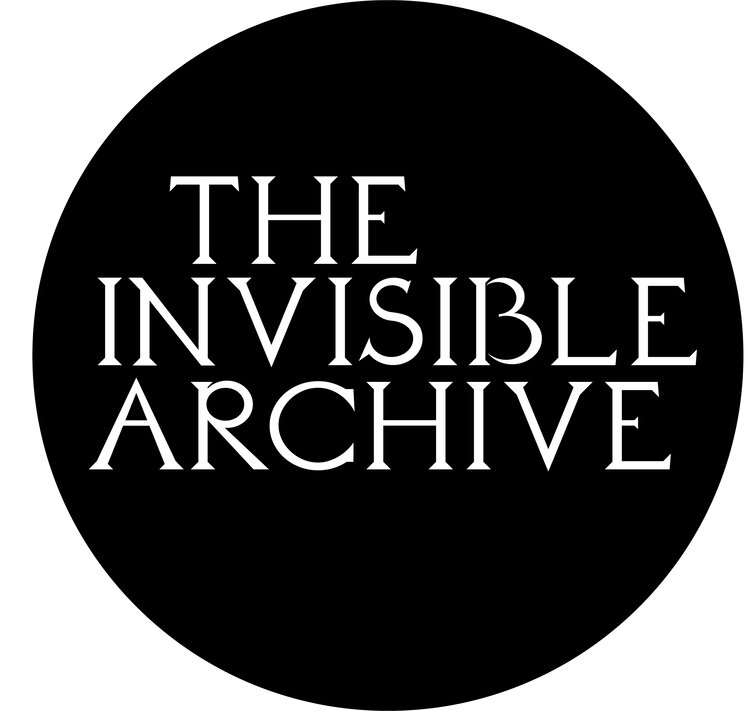The Invisible Archive: Camille O’Grady
written by Andy Campbell
Vol. L.A., Issue No. 5
This issue offers an experimental obituary of the under-appreciated, yet significant artist Camille O’Grady, seeking to correct her misguided characterization as a ‘minor’ figure in several aesthetic and musical scenes in which she played a major, influential role, and to rightly place her at the deserved ‘center of her story.’ In the process, much is learnt about O’Grady and the expressed ‘macro-movements’ of her life […].
The central question, of how language might be harnessed to center someone’s life in their story, is originally handled by the author’s dynamic deconstruction of the obituary genre […] I took much pleasure in this conceit, and welcomed both the author’s narration of a personal connection to Camille, which felt tender and authentic; and the electric, alive quality of their prose (echoing O’Grady’s own kinetic energy).
The issue invites the reader to reflect on whose lives are grievable (to paraphrase Judith Butler) and whose lives are deemed ‘worthy’ of commemoration or textual archiving. The ensuing, substantially researched and very fluent obituary of O’Grady subsequently seemed to carry an implicit tension: both correcting the lamentable lack of recognition of O’Grady’s impact yet also perhaps critiquing the ‘obituary industry’ and its tendency to sand down the grainier aspects of a life, or indeed only venerate the culturally ‘legible.’ […]
Review excerpt by Alice Blackhurst, writer, educator, art critic, and author of Luxury, Sensation and the Moving image [aliceblackhurst.com]
[…] As someone personally invested in the function and potential fallacy of social media, it is fascinating to chart the end of O’Grady’s life through her existence on Facebook, as well as her interactions with those who followed her. In many ways, I find the use of Facebook to be more honest than life itself—it elicits a kind of vulnerability through written speech that often eludes physical conversation. […]
The text posits nearly-endless questions in relation to its subject and the framework in which she’s positioned:
What is the function of an obituary? How can you write an objective account of someone’s life and work? Is the act of writing an obituary meant to mimic the performance of someone’s life? How can you even summarize a life?
Perhaps this piece is also about unearthing what is lost through social media. There’s something incredibly frustrating about distilling a person to a series of achievements or hobbies, as the obituary asserts itself as an uncanny portrait of a person. It often fails to capture the way they made you or anyone else feel in their presence. […]
Review excerpt by Erin Gordon, independent writer and curator [eringordon.info]
About the author
Andy Campbell is an art writer, educator, and curator whose work considers the politics of identities via the visual and material cultures of communities. He is the author of Bound Together: Leather, Sex, Archives, and Contemporary Art (Manchester University Press, 2020), and Queer X Design: 50 Years of Signs, Symbols, Banners, Logos, and Graphic Art of LGBTQ (Black Dog & Leventhal, 2019), and he is the co-editor, along with Amelia Jones of Queer Communion: Ron Athey (Intellect, 2020). He is currently working on a project that considers the various ways poverty has transcribed U.S. artmaking practices since the 1960s. He is an Associate Professor of Critical Studies at USC’s Roski School of Art and Design, and lives in Long Beach, California. [andycampy.com/]

